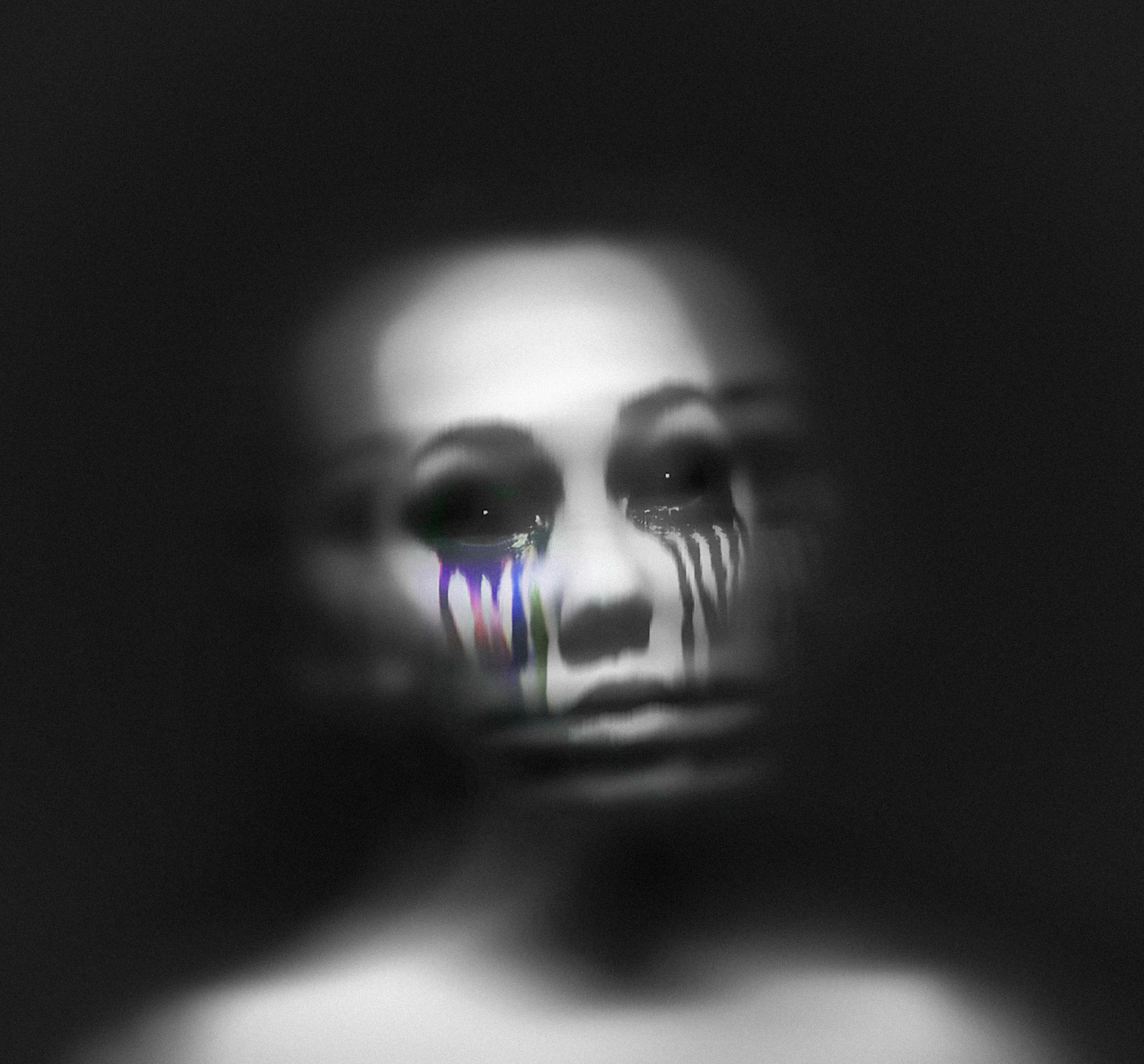How to Properly Care for Rabbit Teeth: Practical Tips for Pet Owners in 2025
Proper dental care is essential for rabbits to maintain their overall health and well-being. Rabbit teeth are unique in their anatomy and structure, categorized by specific functions that necessitate specialized care. Dentition plays a pivotal role in the rabbit's ability to chew effectively, influence dietary choices, and promote digestion. With the complexity of rabbit dental health and the frequent dental issues that can arise, it is crucial for pet owners to be well-informed about how to care for these beloved pets. This article will explore the comparative anatomy of rabbit and human teeth, delve into common dental problems that rabbits face, and provide practical tips for maintaining optimal dental hygiene. By understanding rabbit teeth growth, chewing habits, and preventative care, you can help your furry friend maintain a healthy mouth.

Understanding Rabbit Dental Anatomy and Structure
Understanding rabbit dental anatomy is crucial for any rabbit owner. The unique structure, including their incisors and molars, is adapted for their herbivorous diet. Rabbit teeth are designed for continuous growth, which means that both owners and veterinarians must ensure they wear down properly through natural chewing habits. A rabbit's dental formula consists primarily of incisors, which are sharp and used for cutting, and molars, which are flat and designed for grinding fibrous plant material. This distinct anatomy facilitates optimal digestion and plays a vital role in their overall health.
Rabbit Incisors and Their Function
Rabbit incisors are prominent, designed for cutting through hay and vegetables. Unlike human teeth, rabbit incisors continuously grow throughout their lives. This adaptation means that if they do not get enough wear from chewing, they may grow too long, leading to dental issues such as malocclusion. Regular monitoring of your rabbit's incisors is essential to prevent complications. Engaging your rabbit with chew toys or untreated wood can help keep their teeth worn down.
The Role of Rabbit Molars in Dental Health
Rabbit molars play a critical role in grinding food and facilitating digestion. These teeth allow rabbits to process their fibrous diet effectively. If not worn down adequately, molar overgrowth can result in painful dental disorders, including dental elongation or spurs, which may require extraction or surgery. To promote healthy molars, offer a variety of hay and chewable treats that encourage extensive chewing.
Comparative Anatomy: Rabbit vs Human Teeth
Comparing rabbit dental anatomy to human teeth offers insights into how dietary needs shape tooth structure. For instance, humans have a set of deciduous teeth followed by permanent ones, while rabbits have a dental formula that changes less dramatically over their lifetime. Understanding these differences not only emphasizes the uniqueness of rabbit dentition but also helps caregivers appreciate the specific needs of their pets. For example, human teeth are not continuously growing like rabbit teeth, which means humans have different maintenance and care strategies.
Common Dental Problems in Rabbits
Despite their robust dental structure, rabbits are prone to various dental problems that can adversely affect their health if left unaddressed. Some of the most prevalent issues include malocclusion, overgrown teeth, and periodontal diseases. Recognizing the signs of these conditions is vital for swift intervention and treatment, ensuring that your rabbit remains healthy and happy.
Malocclusion: Causes and Prevention
Malocclusion occurs when the teeth do not align properly, leading to uneven wear and potential pain in rabbits. This condition can arise due to genetics or improper diet that does not facilitate the natural wearing down of teeth. To prevent malocclusion, ensure a diet rich in high-quality hay, fresh vegetables, and chew toys. Regular veterinary check-ups including dental examinations can also aid in early detection.
Overgrown Teeth: Identification and Treatment
Overgrown teeth often lead to difficulties in chewing and can cause extreme discomfort for rabbits. Indicators include drooling, food refusal, or difficulty grooming. Treatment usually involves trimming the teeth under anesthesia, making ongoing dental care essential. Regular observation and timely veterinary interventions are necessary to maintain your rabbit's oral health.
Periodontal Diseases and Their Impact
Periodontal diseases occur when plaque builds up at the gum line, causing inflammation and potential tooth loss. Symptoms include bad breath, swollen gums, and a change in eating habits. Maintaining proper dental hygiene through regular cleaning and a high-fiber diet can prevent these issues. If you suspect any dental disease, consult with a veterinarian experienced in rabbit care.

The Importance of Rabbit Dental Care
Regular dental care is not just preventative but is also critical in promoting overall rabbit health. Dental issues can lead to a cascade of health problems if neglected, including infection, pain, and weight loss. A proactive approach to dental care is essential for ensuring your rabbit remains healthy throughout its life.
Routine Dental Checkups
Consider scheduling routine dental checkups at your veterinarian to monitor your rabbit's dental alignment and health status. Regular dental examinations can catch any issues early before they escalate into more serious conditions. These checkups should occur at least once a year but may increase in frequency for older rabbits or those with a history of dental issues.
Implementing a Dental Hygiene Routine
Establishing a dental hygiene routine for your rabbit can help maintain its oral health. This may include providing appropriate chewing materials, monitoring their diet, and slight interventions if necessary. Being proactive about your rabbit's dental needs can save time, money, and discomfort in the long run.
Creating a Healthy Diet for Dental Health
A well-balanced diet is crucial for maintaining rabbit dental health. Ensure your rabbit has access to unlimited fresh hay and appropriate vegetables to encourage natural chewing and wear. Avoid feeding sugary or soft foods, as these can contribute to tooth decay and poor dental health. Supplements, such as dental treats designed specifically for rabbits, can also contribute to their overall dental care.
Managing Rabbit Dental Issues
If your rabbit develops dental issues, understanding how to manage those problems becomes crucial. Knowledge of rabbit dental care, the types of treatments available, and the importance of good dental habits can empower you to provide the best care for your pet.
Recognizing Dental Symptoms
As a pet owner, being able to recognize symptoms of dental problems is an important part of ensuring your rabbit's health. Look for signs such as changes in eating habits, unusual drooling, and aggression while eating. Early detection can often lead to more manageable treatments.
Seeking Professional Help
When in doubt, seeking professional help is vital. Veterinary specialists who specialize in rabbit dental care can provide advanced treatments, including surgery or orthodontics, to correct major dental issues. Ensuring your rabbit gets the care it needs can prevent further complications and ensure a longer, healthier life.
Conclusion
Maintaining optimal rabbit dental health is crucial for pet owners to ensure their furry friends thrive. By understanding rabbit teeth, common dental problems, and implementing effective care strategies, you can promote a healthy mouth, preventing painful issues down the line. Prioritize regular checks, a balanced diet, and proper care to keep your rabbit's smile bright and healthy.
For more information on rabbit dental care, check out these helpful pages: Rabbit Dental Health and Guide to Rabbit Care.
